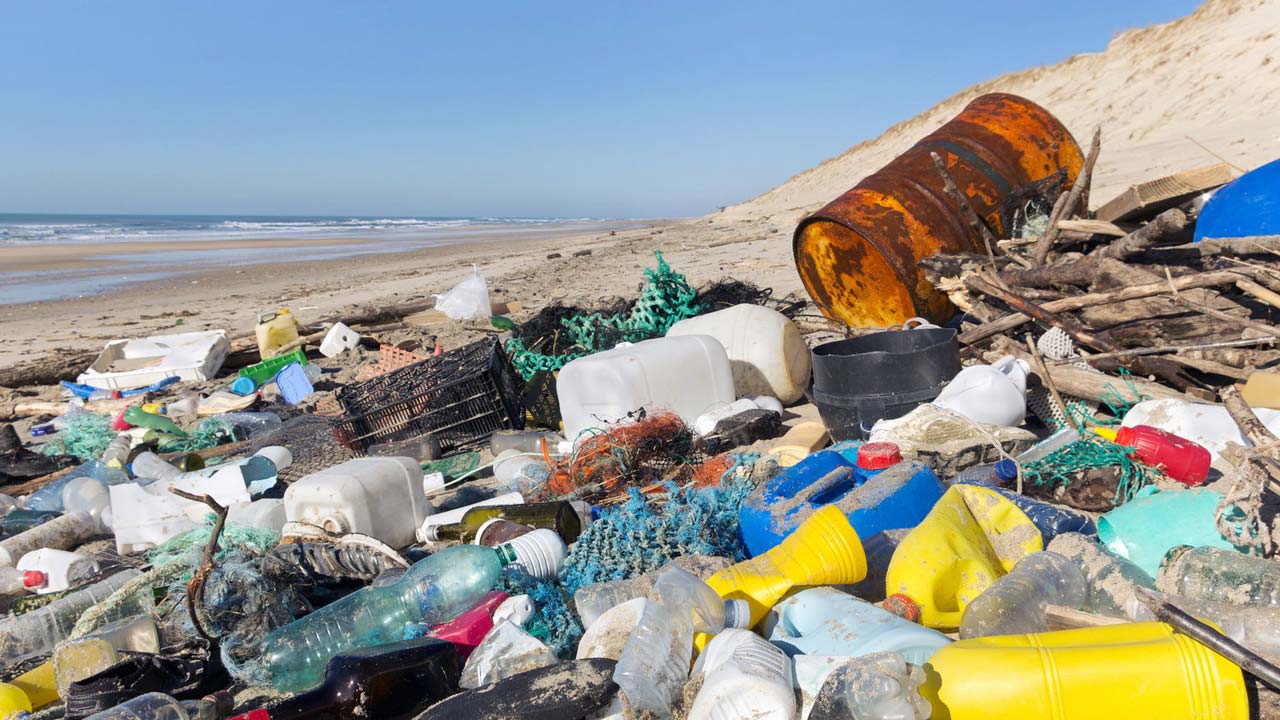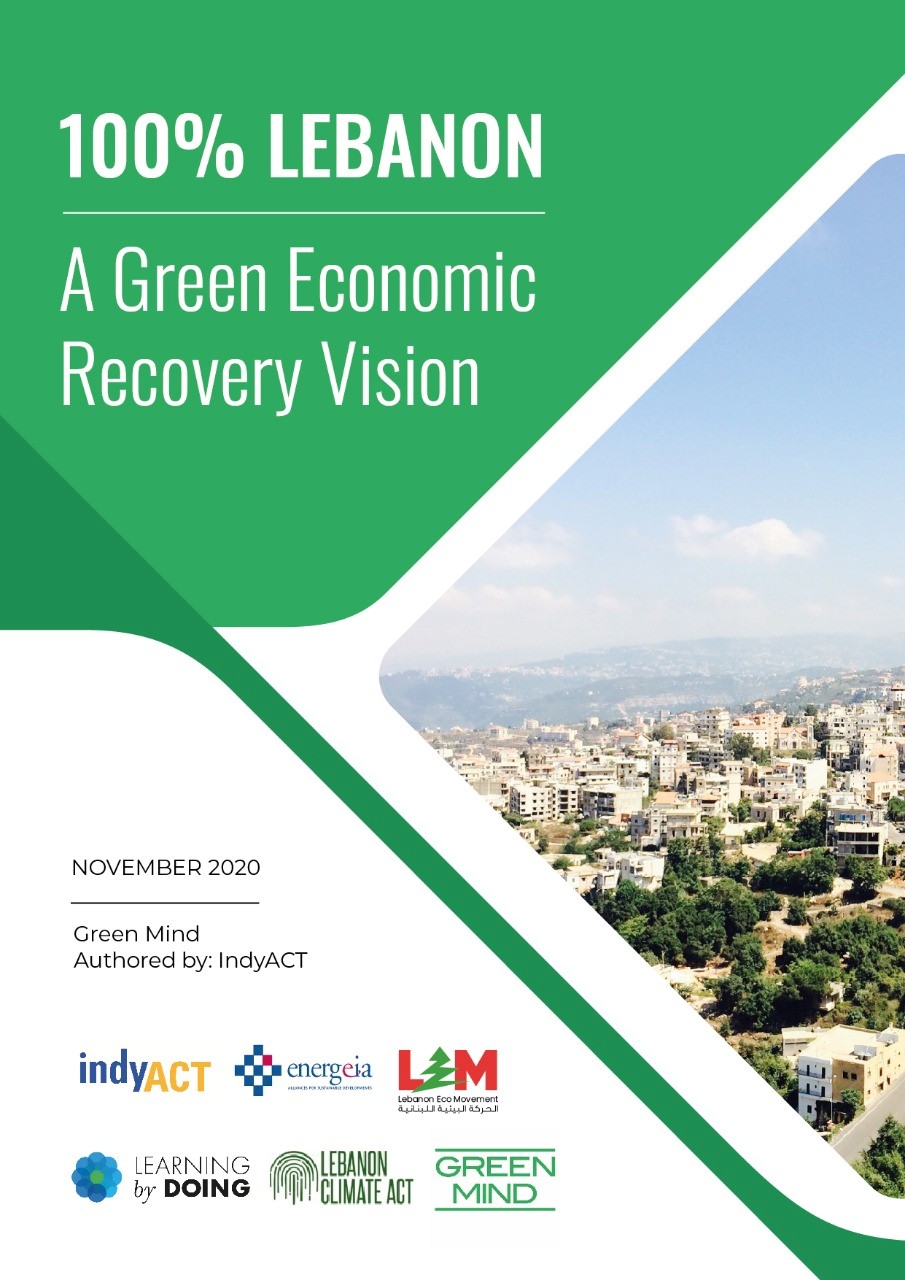Overconsumption refers to the excessive use of goods and services—such as energy, land, water, materials, and human power—beyond what is necessary for basic needs or well-being. This excess demand drives excess supply and production, depleting resources, harming the environment, and creating economic and social challenges, jeopardizing our ability to meet present and future needs.
The green economy concept addresses the challenges of overconsumption through sustainable production and consumption, renewable energy use, circular economy principles, and social equity. This approach mitigates overconsumption, provides economic incentives, introduces policy frameworks, and induces positive behavioral change. By focusing on efficient resource use and sustainable practices to reduce carbon footprints, economic incentives promote green jobs, investments, and innovation. Policy frameworks, on the other hand, establish regulations and incentives, set standards, promote accountability, and foster awareness.
Key policies include Extended Producer Responsibility (EPR), which holds producers accountable for the entire lifecycle of their products, encouraging waste minimization and efficient resource use. Another approach is supporting or legislating the Circular Economy, promoting the reuse, repair, and recycling of materials to reduce demand for new resources and mitigate overconsumption. Other important policies include public procurement policies, Single-Use Product Bans, eco-labeling, the right to repair, and landfill taxes. Numerous examples and initiatives, particularly those driven by entrepreneurship, are advancing rapidly with the aid of technological advancements. Implementing these policies requires collaboration among governments, businesses, and consumers to establish overall sustainable systems.
Moreover, while overconsumption primarily relates to material management within the circular economy, adopting a green economy approach alleviates overconsumption and benefits other socio-economic sectors. IndyACT’s “100% Lebanon Green Economic Recovery Vision” outlines a strategy for Lebanon’s vital economic sectors, demonstrating that green economy targets are the fastest and most effective way to achieve prosperity and high GDP growth. The goals for the five main sectors are:
- Energy: Establish a decentralized community energy system with 100% renewable energy for diverse uses.
- Transport: Implement an effective Transport Demand Management (TDM) strategy to reduce trip length, frequency, and duration.
- Agriculture: Achieve a sustainable and/or organic system with a food-security strategy balancing production and consumption.
- Tourism: Promote Lebanon as “the Land of Diversity” and encourage sustainable tourism.
- Material Management: Reduce emissions from material flow through nature and community-based solutions throughout the value chain.
This vision provides a holistic framework involving civil society, the private sector, and the public sector in an inclusive process to achieve economic recovery based on sustainability, with social and economic benefits. Yet, raising awareness about the impacts of overconsumption and the benefits of a green economy encourages responsible consumer behavior, essential for balancing supply and demand dynamics. Collective social resistance plays a crucial role in this by advocating for policy changes, shifting consumer behavior, redefining cultural norms, utilizing collaborative platforms, and supporting sustainable businesses.
In an era where consumerism and overconsumption are driven by economic power and political interests, it is crucial to safeguard our environment and remember our collective responsibility. We must balance our desires with our needs and consider future generations, who have the full right to share our only planet.



